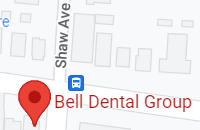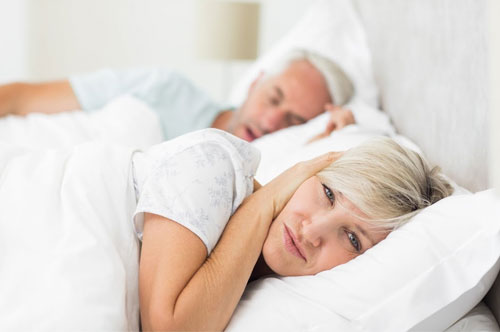You’ve heard it for years: it’s important for our overall health and mental health to get enough sleep. There is an issue that our Cincinnati dental office can treat in our office that can improve your sleep. The problem is called sleep apnea, and it’s affecting millions of people across the nation.
Luckily, Bell Dental Group can treat your sleep apnea issues. We have trained to provide a comfortable solution to treat sleep apnea. Hint: it’s not the CPAP. You won’t find this type of treatment at many dental offices in the area!
Today we want to show you the problems and risks of sleep apnea and why it’s important to treat this issue. So give us a call today at 513-802-9440 to book a visit.
What are the risks of sleep apnea?
There are two type of sleep apnea, obstructive sleep apnea (the most common) and central sleep apnea. Sleep apnea is commonly seen as heavy snoring or waking up gasping for air. But that isn’t the only physical problem with sleep apnea. People with sleep apnea often snore or gasp for air because they literally stop breathing. Some people with severe sleep apnea experience more than 30 pauses in breathing every night. That means they’re waking up hundreds of times a night.
During those pauses in breathing, your blood pressure will rise. So, many people with sleep apnea often see an increased risk of high blood pressure. As a result, people with untreated sleep apnea often have an increased risk of heart disease, stroke, or diabetes. It’s even possible to die from sleep apnea complications!
The problem is as every bit of serious as it sounds. Sleep apnea also can create memory problems and overall poor sleep. Most people with sleep apnea wake up feeling exhausted and are prone to daytime drowsiness. That can be bad if you’re in the transportation profession. In fact, the National Transportation Safety Board has attributed obstructive sleep apnea to more than 50 highway deaths since 2000.
You might face a higher risk of sleep if:
- Being overweight
- Have a larger neck size (18 inches in men and 17 inches in women)
- Having family history of sleep apnea
- Being 40 or older (though anyone can have sleep apnea)
Treating sleep apnea with oral appliance
If you’ve heard about sleep apnea, you have probably heard about the CPAP. The CPAP is a device that uses a hose, mask, and machine to constantly push air into the lungs during the sleep. The problem is that people often find the CPAP uncomfortable and don’t wear it. In fact, a study found that only about 50 percent of people prescribe a CPAP actually wear it. That’s a problem, because the device only works if you wear it.
We’ve found that while CPAP is the gold standard of treatment, it’s not the only way to treat sleep apnea. For people with mild to moderate obstructive sleep apnea, we’re using a custom appliance. The appliance goes over the bottom teeth and moves the lower jaw forward to keep the airways open. Our patients find the oral appliance more comfortable and it also doesn’t interrupt their sleep partner. Additionally, it’s easy to travel with.
If you’re having problems with breathing at night or can’t stand your CPAP, let us assess your issues to see if you’re a candidate for an oral appliance. Give us a call today at 513-802-9440 to book a visit.
Visit Bell Dental Group
We can see you as soon as tomorrow!





